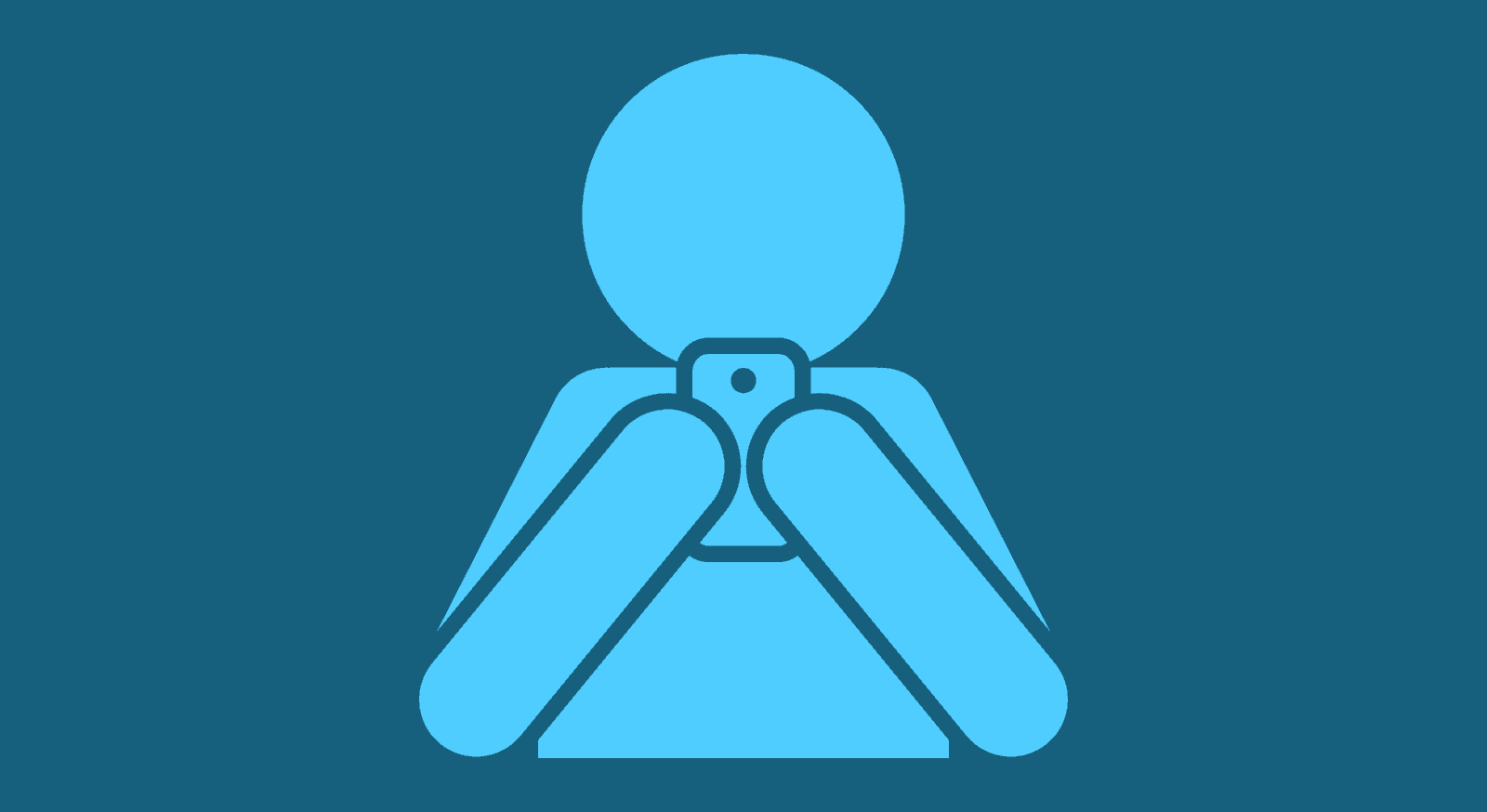South Africa has over 20 million young people, and while relationships, sex, sexuality and mental health are topics they want to know about, they are often communicated in inaccurate, antiquated and judgemental ways by moralising, unrelatable authority figures. Young Africa Live aimed to address these issues and help young people make informed choices to improve their sexual and mental health.
Piloted in South Africa from early 2023 until March 2024, the project provided young South Africans with access to accurate and reliable sexual and reproductive health information through judgement-free private conversations on a WhatsApp chatbot, and peer discussions on Facebook and Instagram.
Within a wider project consortium (1), Avert led on content development for the chatbot and social media, as well as social media marketing to drive awareness of the chatbot and engagement with its content. Topics covered included sex, pregnancy and birth control, relationships, HIV, STIs, mental health, accessing services, gender and sexuality, and body issues.



